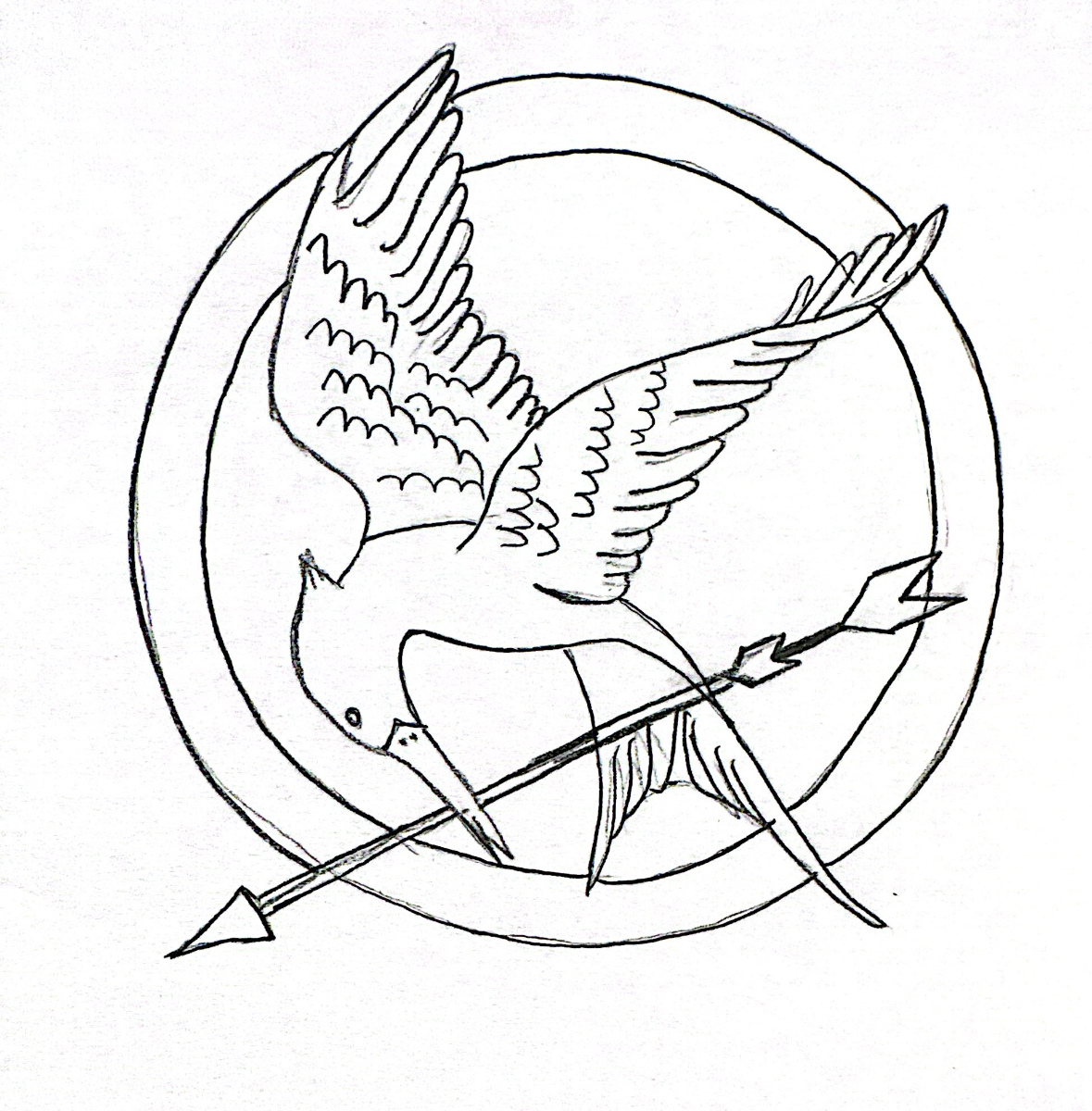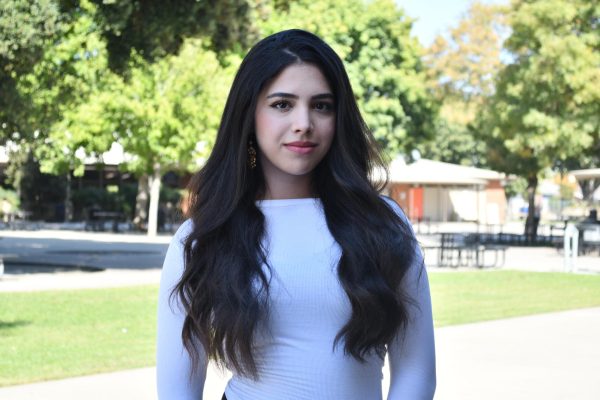Khaled Hosseini’s A Thousand Splendid Suns is one of the most heartfelt books I have read. It tells the heart-wrenching story of two women, Mariam and Laila, whose lives intertwine against the backdrop of war-torn Afghanistan. Through their struggles and shared resilience, Khaled Hosseini offers a vivid exploration of Mariam and Laila finding strength in each other, forming a sisterhood that is as pure as it is powerful. Their connection, born from shared struggles and sustained by hope, is a beautiful reminder of how resilient the human spirit can be and how strong women truly are.
Mariam, the first protagonist we meet, grows up in isolation, carrying the heavy burden of being an illegitimate child. Her relationship with her father is one of fleeting moments of love and hope, followed by painful abandonment. The pain she feels from being rejected by society and her own family feels raw and real. When she is forced into a marriage with Rasheed, a cruel, older man, her life takes a dark turn. As a reader, I couldn’t help but feel for Mariam, who is thrust into a world of emotional and physical abuse. Her experiences left me questioning how society could be so harsh to women who have little control over their circumstances.
Then, Laila’s story enters the picture. She is a young girl full of potential, with a family that loves her, and a future full of possibilities. However, when tragedy strikes leaving her orphaned, Laila’s life changes in an instant. Her decision to marry Rasheed in order to survive is heartbreaking. What struck me most was the way her love for her childhood friend, Tariq, anchors her in the midst of everything she’s lost. Laila, like Mariam, is forced to endure Rasheed’s abuse, but she also holds on to the hope of something better.
As I read A Thousand Splendid Suns, it often alternated between Mariam and Laila’s perspectives in a way that made me feel like I was right there with them, sharing their thoughts and struggles. Mariam’s quiet bravery and Laila’s fiery determination caused me to deeply think about my own strength and question the extent of my capabilities while enduring their positions. This book also opened my eyes to how much I take for granted in my own life—the freedoms, choices, and opportunities I experience daily. Mariam and Laila, on the other hand, had so little control over their own destinies, bound by oppressive societal norms and personal hardships. Although Mariam and Laila faced unimaginable struggles, Hosseini didn’t simply portray Afghan culture as just a story of oppression. He shows its complexity—the way traditions, language, and heritage can provide strength, unity, and a sense of belonging even in the hardest times.
A Thousand Splendid Suns made me question what I was willing to withstand and abandon. It made me consider how fragile and resilient we, as humans, can be. By the end of the book, I felt a deep sense of admiration for Mariam and Laila. Their journey is one of survival, but it’s also one of transformation. What begins as a story of despair turns into one of redemption, as the two women found strength in each other and in the possibility of a better future. I was left with a sense of hope, not just for the characters, but for all women who fight for their voices to be heard in a world that often silences them.
In conclusion, A Thousand Splendid Suns is a powerful and moving novel that I would highly recommend to anyone. Hosseini’s ability to create such deeply emotional and real characters makes this book unforgettable. It’s a story of survival, love, and the quiet courage of women like Mariam and Laila. Khaled Hosseini’s work is more than just a story; it’s a recognition of the human spirit and a reminder that, even in the darkest times, there is always the possibility of a thousand splendid suns.



